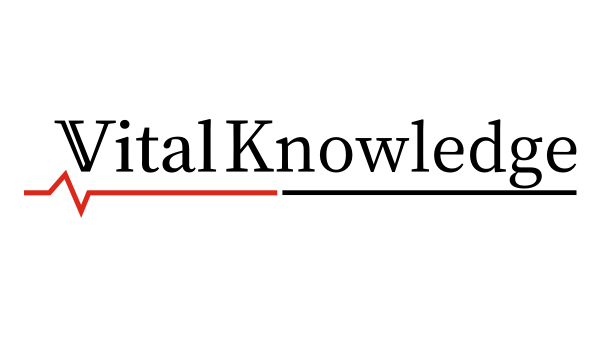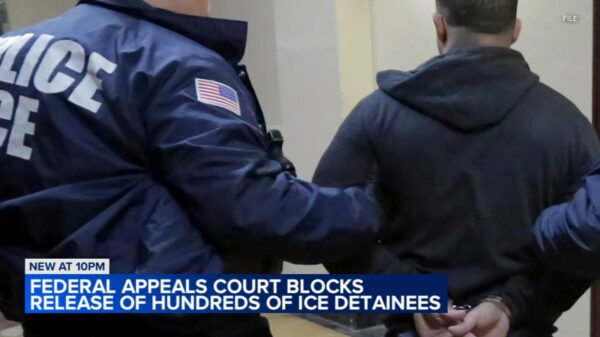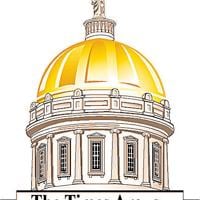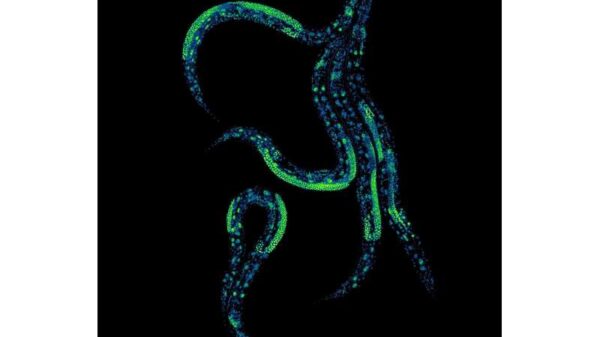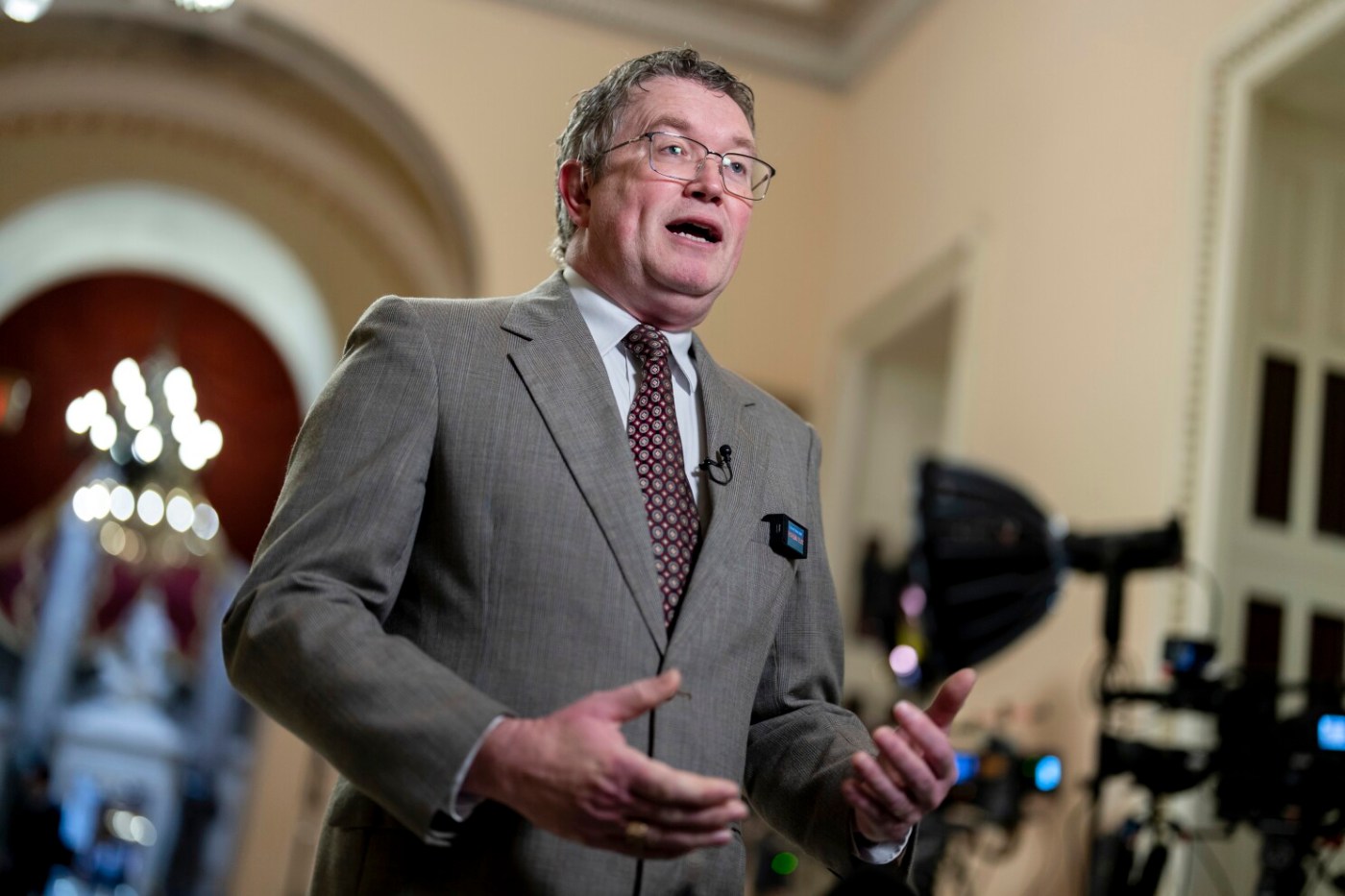Calls for the comprehensive release of the Jeffrey Epstein files are gaining momentum as Congress approaches a critical vote. A discharge petition, led by Representative Thomas Massie from Kentucky, is just one signature away from forcing a vote on the House floor. This petition allows lawmakers to bypass party leadership and has garnered support from 218 members, with most signatures coming from Democrats.
Recent developments include the addition of a signature from James Walkinshaw, a newly elected Democratic representative from Virginia. He joined the petition shortly after winning a special election on September 12, 2023. In an interview with Politico, Walkinshaw emphasized the importance of this maneuver, stating, “The discharge petition in the House … is really the only mechanism to circumvent that ironclad control that Donald Trump has over my Republican colleagues.”
The final signature needed to initiate the vote is expected to come from the Democratic candidate likely to win the upcoming special election in Arizona on September 23, 2023. Adelita Grijalva, the daughter of the late Representative Raúl Grijalva, is positioned to secure the seat and could complete the necessary support for the petition.
If the petition succeeds, the proposed legislation, known as the Epstein Files Transparency Act, would mandate the Department of Justice to release all documents related to Jeffrey Epstein. Should the Department fail to comply, Congress could hold Attorney General Pam Bondi in contempt, potentially leading to a court dispute. Another option for Congress would be to attach conditions to the DOJ’s budget, stipulating that no funds may be used to withhold the files. However, as noted by the Congressional Research Service, such actions to enforce compliance with subpoenas have rarely been executed by Congress.
Public demand for transparency continues to escalate. A recent YouGov poll indicated that 84% of respondents support the release of all government-held information regarding Epstein. Additionally, 67% believe that the government is actively concealing information related to his death. This growing consensus crosses party lines, uniting Republicans, Democrats, and Independents in their call for full disclosure.
Should the current efforts falter, Congress has alternative pathways to pursue transparency. These include issuing subpoenas through oversight or judiciary committees, enacting a stand-alone transparency law similar to the JFK Records Act, or directing the DOJ’s inspector general to audit and publicly report on the files.
As discussions continue, the outcome of this legislative effort remains to be seen, but the push for transparency around the Epstein files reflects a significant bipartisan concern regarding accountability and public trust.




